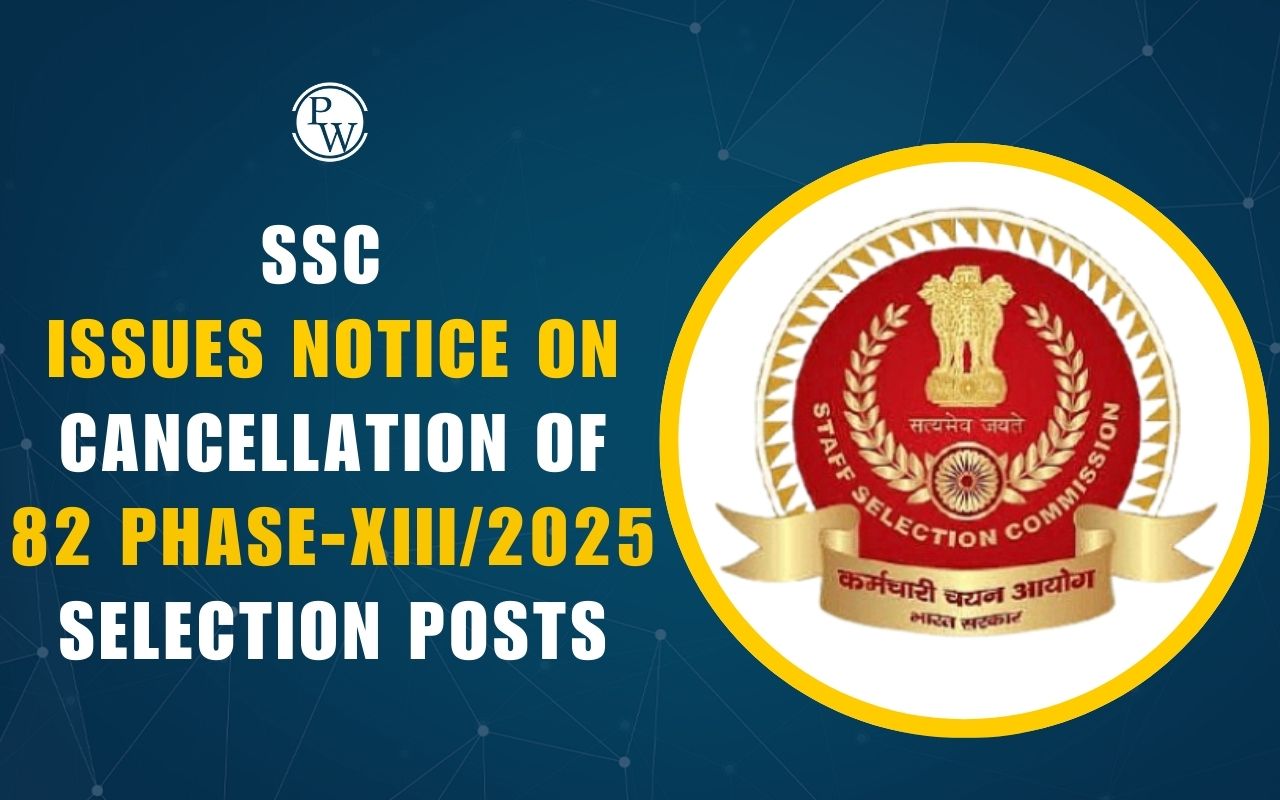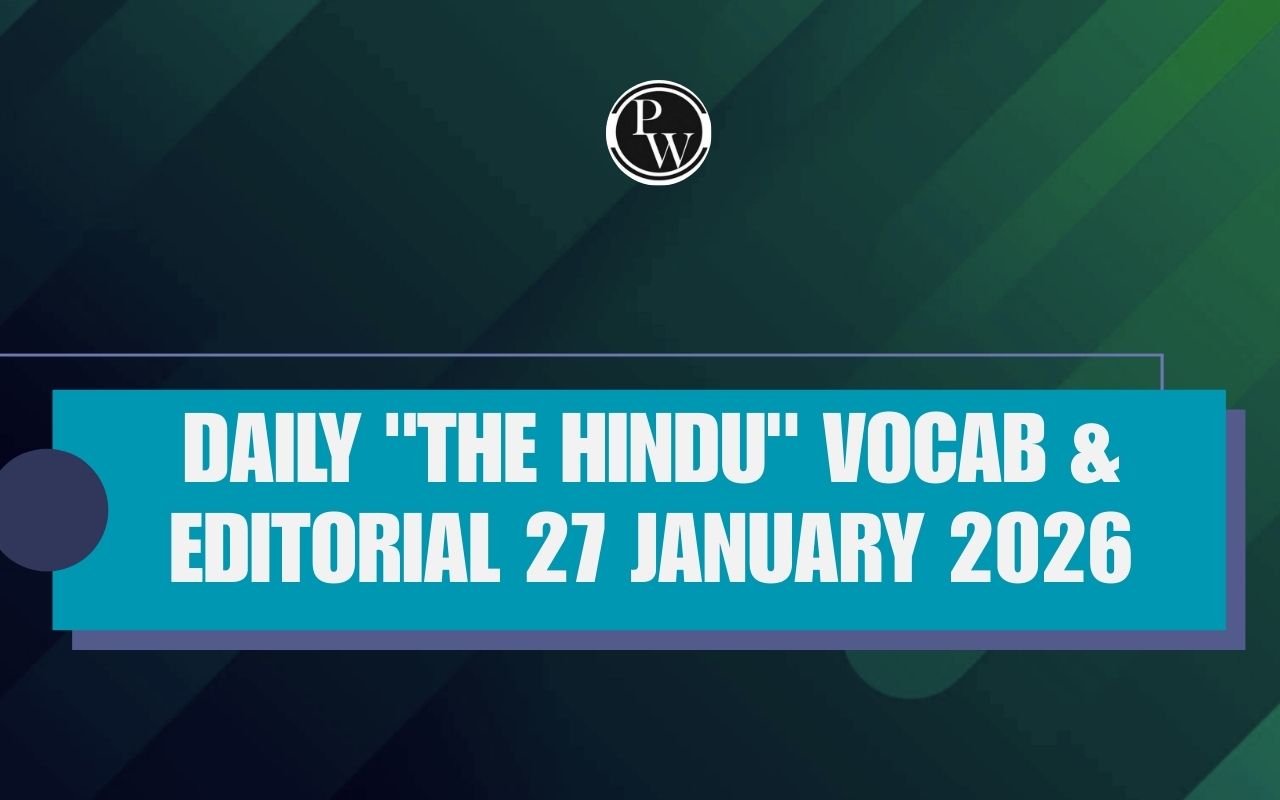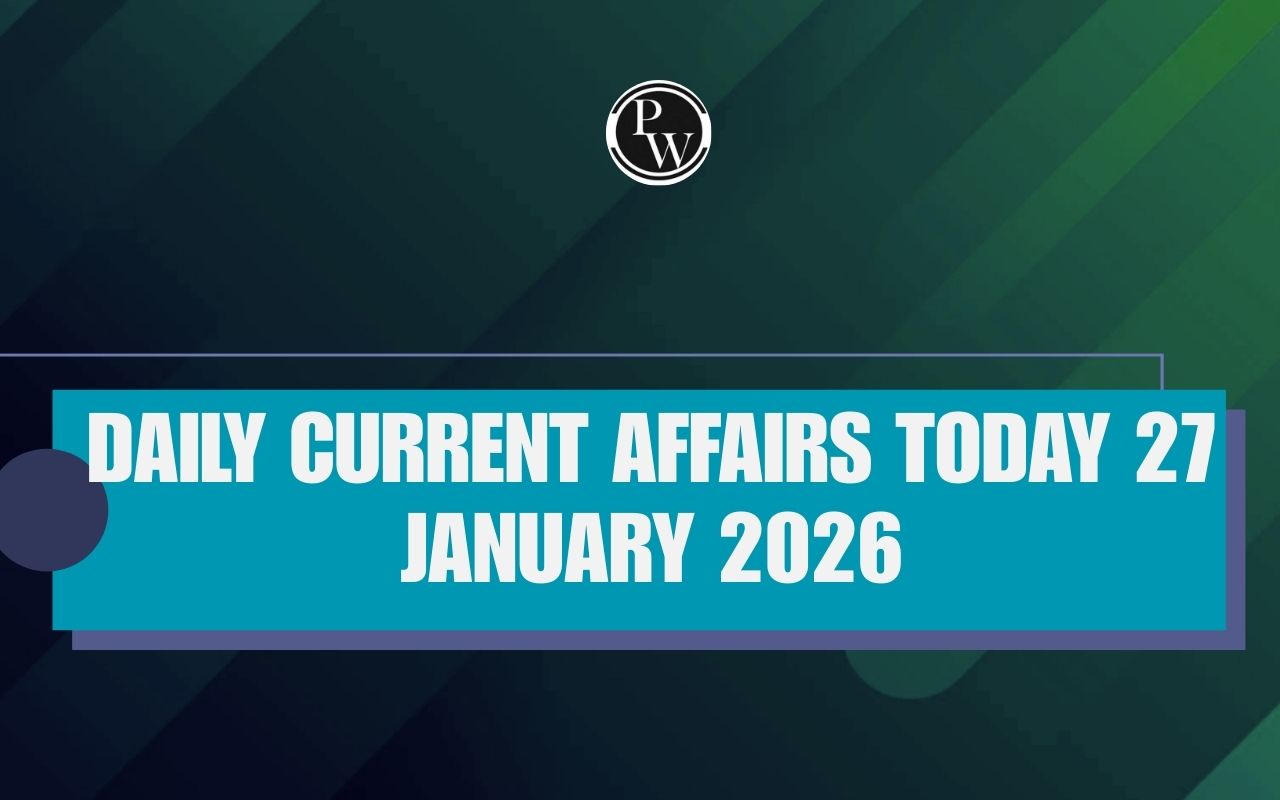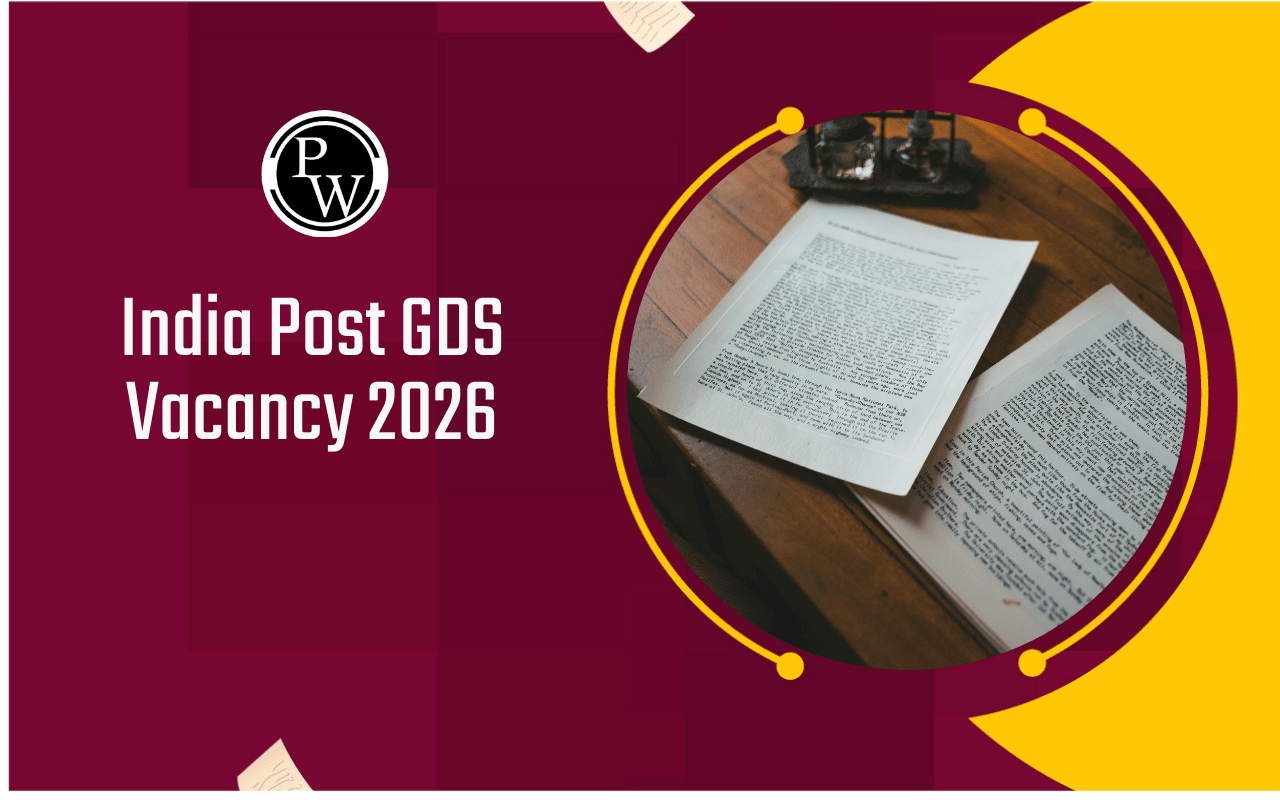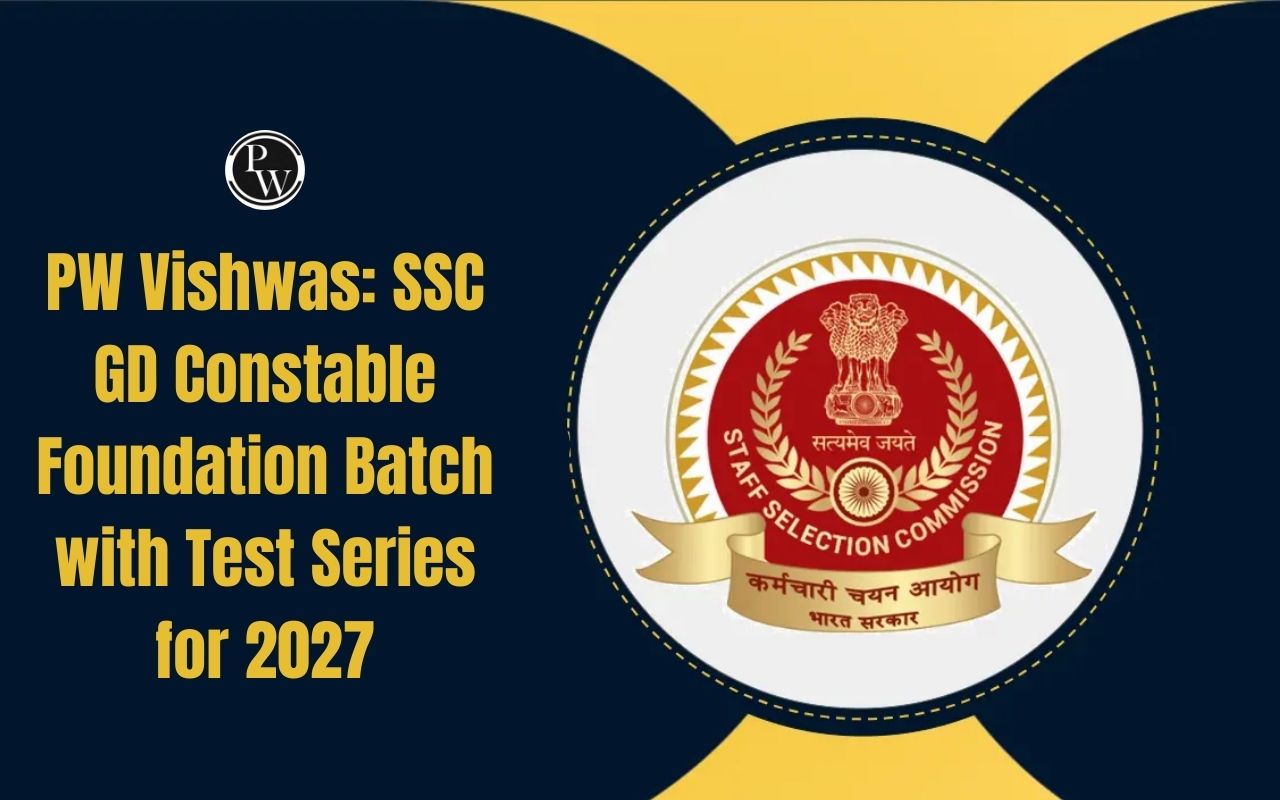
Third Carnatic War
The Third Carnatic War (1757-1763) was a conflict in the struggle for supremacy between the British and the French in India. This war was part of the global Seven Years' War (1756-1763) and significantly impacted the future of European colonialism in India. Below is an in-depth elaboration of the Third Carnatic War, its background, major events, and outcomes.Third Carnatic War Background
Previous Carnatic Wars: The first two Carnatic Wars (1746-1748 and 1749-1754) had already set the stage for intense rivalry between the British East India Company and the French East India Company in South India. The Second Carnatic War ended with the Treaty of Pondicherry, which did not bring lasting peace but only a temporary cessation of hostilities.
Seven Years' War: The Third Carnatic War was part of the broader Seven Years' War, a global conflict involving major European powers. The war's Indian theater was crucial because of the immense economic and strategic value of India to European colonial ambitions.
Third Carnatic War Key Figures
Robert Clive: Robert Clive, who had already established his reputation during the Second Carnatic War, played a significant role in the Third Carnatic War. His leadership and military acumen were crucial to British successes.
Sir Eyre Coote: Sir Eyre Coote was another important British commander who played a vital role in several key battles during the Third Carnatic War.
Count de Lally: The French forces were led by Count Thomas Arthur de Lally, a determined and capable commander sent to reinforce French positions in India.
Third Carnatic War Major Events and Battles
Capture of Chandannagar (1757): The Third Carnatic War began with the British capturing the French settlement of Chandannagar in Bengal in 1757. This was a significant blow to French influence in the region and demonstrated British naval superiority.
Battle of Plassey (1757): Though primarily part of the broader British struggle in Bengal, the Battle of Plassey had implications for the Carnatic theater. Robert Clive's victory against the Nawab of Bengal and his French allies strengthened British resources and morale.
Siege of Madras (1758-1759): Count de Lally launched a siege on Madras (now Chennai), a critical British stronghold, in 1758. Despite initial successes, Lally's forces failed to capture the city, partly due to lack of adequate support and supplies.
Battle of Wandiwash (1760): The Battle of Wandiwash was a decisive engagement during the Third Carnatic War. British forces under Sir Eyre Coote decisively defeated the French, capturing several key French officers and effectively ending French military resistance in the region.
Fall of Pondicherry (1761): Following their victory at Wandiwash, British forces laid siege to Pondicherry, the principal French settlement in India. The city fell in 1761, marking the end of significant French power in the Indian subcontinent.
Third Carnatic War Impact and Consequences
British Supremacy: The Third Carnatic War cemented British supremacy in India. The French defeat significantly diminished their influence, leaving the British as the dominant European power in the region.
Decline of French East India Company: The war marked the decline of the French East India Company. Unable to compete with the British militarily and economically, the French presence in India was reduced to a few small enclaves.
Treaty of Paris (1763): The global Seven Years' War ended with the Treaty of Paris in 1763. In India, the treaty restored some French territories, such as Pondicherry, but they were restricted from maintaining military forces in these areas, ensuring British dominance.
Shift in Indian Politics: The outcome of the Third Carnatic War had profound implications for Indian politics. The British East India Company's growing power allowed it to play a decisive role in regional politics, leading to the eventual establishment of British rule over large parts of India.
Third Carnatic War Legacy
Establishment of British Raj: The Third Carnatic War set the stage for the establishment of British rule in India. Over the next few decades, the British East India Company expanded its control, leading to the formal establishment of the British Raj in 1858.
Influence on Colonial Policy: The war influenced British colonial policy, highlighting the need for a strong military presence and alliances with local rulers. This approach would characterize British colonial strategy in India for the next century.
Decline of French Colonial Ambitions: The defeat in the Third Carnatic War forced the French to abandon their ambitions of establishing a vast empire in India. Instead, they focused on their remaining colonies elsewhere.
To succeed in upcoming exams, candidates should consider exploring PW SSC Books We provide high-quality content at an affordable price, including sample papers, mock tests, guidance sessions, and more to ensure aspirants secure their selection. Also, enroll today on SSC Online Coaching to turn your dreams into reality.Third Carnatic War FAQs
Q1: What was the Third Carnatic War?
Q2: Who were the key figures in the Third Carnatic War?
Q3: What were the major battles of the Third Carnatic War?
Q4: What were the consequences of the Third Carnatic War?


